A team of Chinese scientists from the Chinese Academy of Sciences (CAS), led by Professor Zhang Qiang, have developed a new type of topological hydrogel for emerging brain-machine interfaces, which can be used in long-term brain signal monitoring, neuromodulation and stroke treatment.
The new material offers a unique solution for the trade-offs between conductivity and modulus match/transparency, which is critical for implantable probes in brain-machine interfaces.
By incorporating mechanically interlocked polyrotaxane in topological hydrogels, Zhang's team solved two trade-offs at the molecular level, according to their publication.
The article of Topological Hydrogels for Long-Term Brain Signal Monitoring, Neuromodulation, and Stroke Treatment, was published on Advanced Materials magazine on November 29.
As one of the main causes of hemiplegia and motor disability, stroke treatment has been quite difficult, and most patients had a poor prognosis. Brain-machine interfaces have provided a new solution to the disease, which directly treats the damaged areas of the brain by promoting the recovery of damaged neurons and neural circuits, said Zhang Qiang, who is a professor at the Changchun Institute of Applied Chemistry, the CAS.
The technology is at the international forefront of the field, and it was completely developed by our team with full intellectual property rights, Zhang said.
Brain-machine interface technology can be used to treat brain disorders such as epilepsy, Parkinson's disease and Alzheimer's disease, according to the China Academy of Information and Communications Technology (CAICT).
Although human clinical trials have not yet been conducted, the new material has already achieved good results in mouse clinical trials. Compared with traditional materials, our topological hydrogels can be better matched with brain tissue without causing neuritis and rejection, and show a stable performance for long-term use, Zhang said.
The team will continue its research in the area of brain-machine interfaces and treatments for brain disorders, according to Zhang.
China attaches great importance to brain-machine interface technology. On August 28, the Ministry of Industry and Information Technology released a notice that put the technology as one of the key research directions.
On February 8, the Brain-Computer Interface Industrial Alliance was established by CAICT, in conjunction with Tsinghua University, Fudan University, the CAS, Capital Medical University and other institutions. It's the first national industry alliance established for the field of brain-computer interfaces.









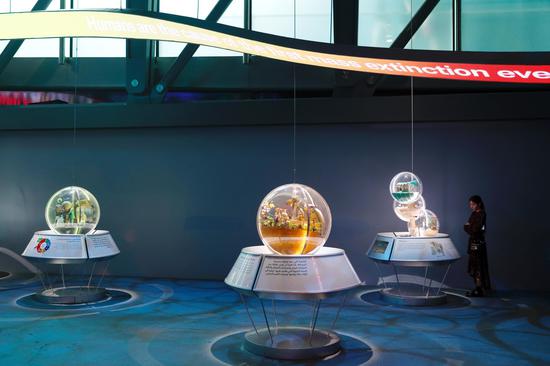







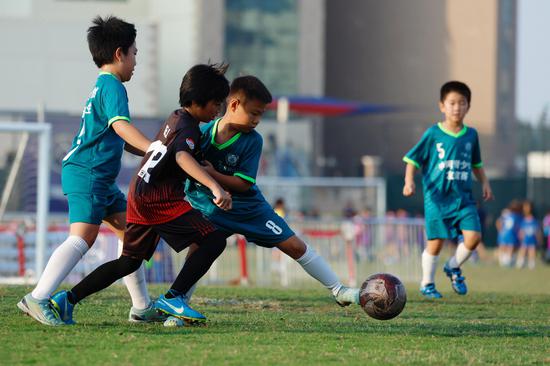
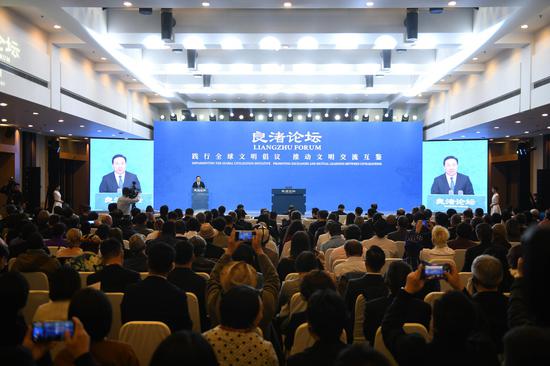






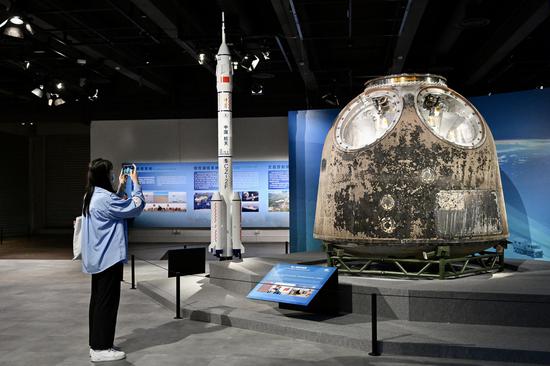







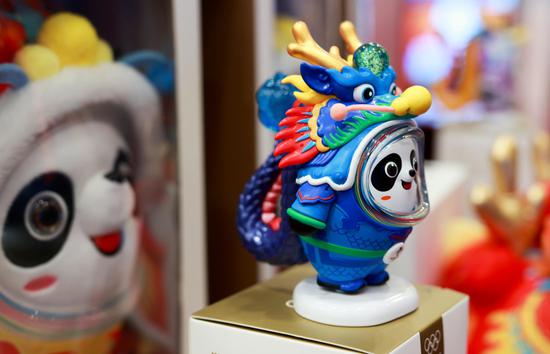
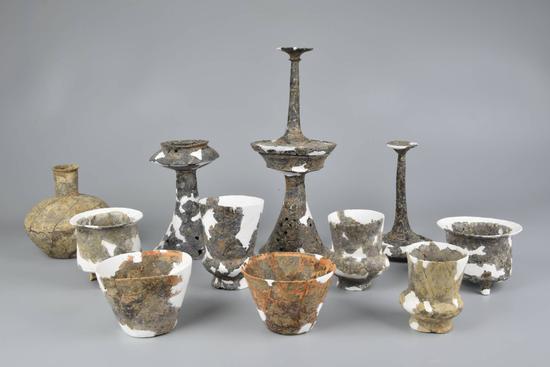

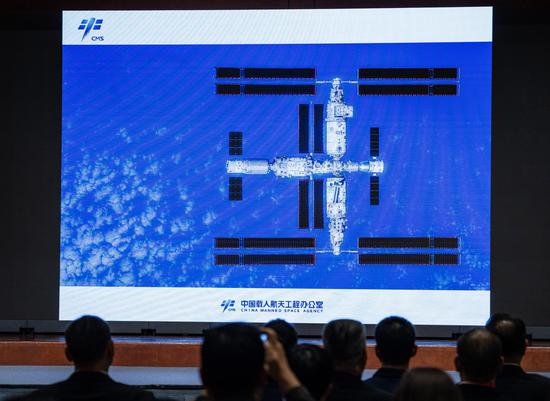













 京公網安備 11010202009201號
京公網安備 11010202009201號